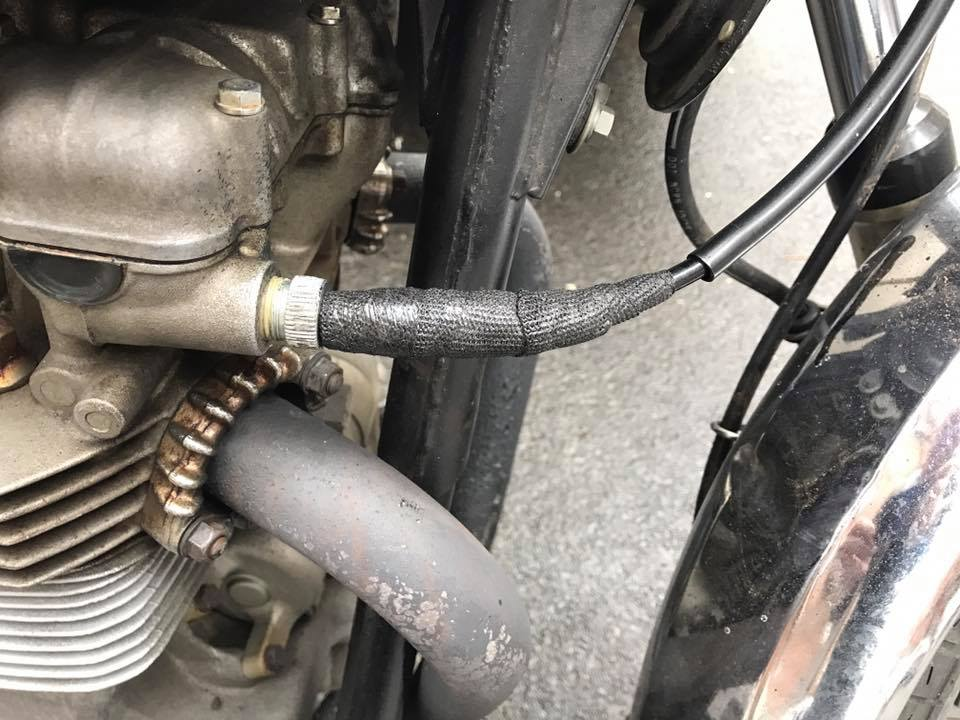Understanding 33kV High Tension Insulation Tape
Insulation is fundamental in the electrical industry, especially when dealing with high-voltage applications like 33kV systems. Among the many insulation materials available, high tension insulation tape has carved a niche for itself, thanks to its unique properties and widespread applicability. In this article, we’ll delve into what 33kV high tension insulation tape is, its features, benefits, and typical applications.
What is 33kV High Tension Insulation Tape?
33kV high tension insulation tape is a specialized electrical insulating tape designed specifically for high-voltage applications. It is typically used to insulate and protect electrical conductors, wiring, and components in various electrical systems that operate at voltages up to 33 kilovolts. This type of insulation tape ensures that electricity flows through the intended paths while preventing leakage and distortion of electrical signals.
The tape is made from high-quality materials that can withstand the harsh conditions often associated with high-voltage environments, such as extreme temperatures, moisture, and UV radiation. Typically, a combination of polymer-based materials, such as PVC (Polyvinyl Chloride) or rubber, is used to provide effective insulation and protection.
Key Features
1. High Voltage Endurance The primary feature of 33kV insulation tape is its ability to withstand high voltages without breaking down. This makes it suitable for overhead power lines, substations, and other high-voltage installations.
2. Thermal Stability 33kV insulation tape is designed to maintain its integrity even at high temperatures. It can operate efficiently in a wide temperature range, making it reliable in various environments.
3. Moisture Resistance Many high-tension insulation tapes are engineered to resist moisture ingress. This is crucial in protecting electrical installations from humidity and water damage, which can lead to short circuits.
4. UV Resistance The tape’s materials are often treated to withstand UV radiation, making it suitable for outdoor applications where exposure to sunlight is a concern.
5. Easy Application High tension insulation tape is usually flexible and easy to handle, allowing for quick and efficient installation. It can be easily cut to size, making it adaptable to a variety of shapes and configurations.
Benefits
Using 33kV high tension insulation tape presents several benefits
33kv ht insulation tape

- Enhanced Safety Proper insulation at high voltage levels is critical to prevent electrical shocks and equipment damage. The tape provides a robust barrier against potential electrical hazards.
- Durability Its resistance to environmental factors ensures that the tape maintains its insulating properties over time, reducing the need for frequent replacements
.- Cost-Effective While the initial investment might be higher than standard insulating materials, the longevity and effectiveness of high tension insulation tape can lead to lower maintenance and operational costs in the long run.
- Regulatory Compliance Many electrical applications require adherence to strict safety regulations. Using high-quality insulation tape helps companies stay compliant with industry standards.
Typical Applications
33kV high tension insulation tape is used in various electrical installations and applications, including
- Power Distribution Networks It is commonly used in substations and transformer installations where high voltages are present.
- Cable Splicing The tape is often used in splicing high-voltage cables to ensure the integrity of the connection and prevent electrical leakage.
- Motor and Generator Insulation In industrial settings, the tape is used to insulate motors, generators, and other equipment that operate at high voltages.
- Overhead Line Protection The tape can be applied to repair and protect overhead power lines from environmental damage.
Conclusion
In conclusion, 33kV high tension insulation tape plays a critical role in ensuring the safety and efficiency of high-voltage electrical systems. Its unique features, such as high voltage endurance, thermal stability, and resistance to moisture and UV rays, make it an indispensable component in the electrical industry. By understanding its properties and applications, businesses and engineers can make informed decisions that enhance the reliability and safety of their electrical installations. Investing in high-quality insulation materials is not just a choice, but a necessity for maintaining operational integrity in an industry where safety is paramount.
-
Self Amalgamating Tape: Redefining Electrical Insulation and ProtectionNewsAug.07,2025
-
Seal Strip Solutions: Revolutionizing Energy Efficiency and Comfort in Modern BuildingsNewsAug.07,2025
-
High Voltage Electrical Tape: Powering Safety and Reliability in Modern InstallationsNewsAug.07,2025
-
Flex Tape Waterproof: Transforming the Future of Instant RepairsNewsAug.07,2025
-
Elevate Electrical Safety Standards with High-Performance PVC Electrical TapeNewsAug.07,2025
-
Butyl Rubber Tape: The Ultimate Solution for Reliable Sealing and WaterproofingNewsAug.07,2025
